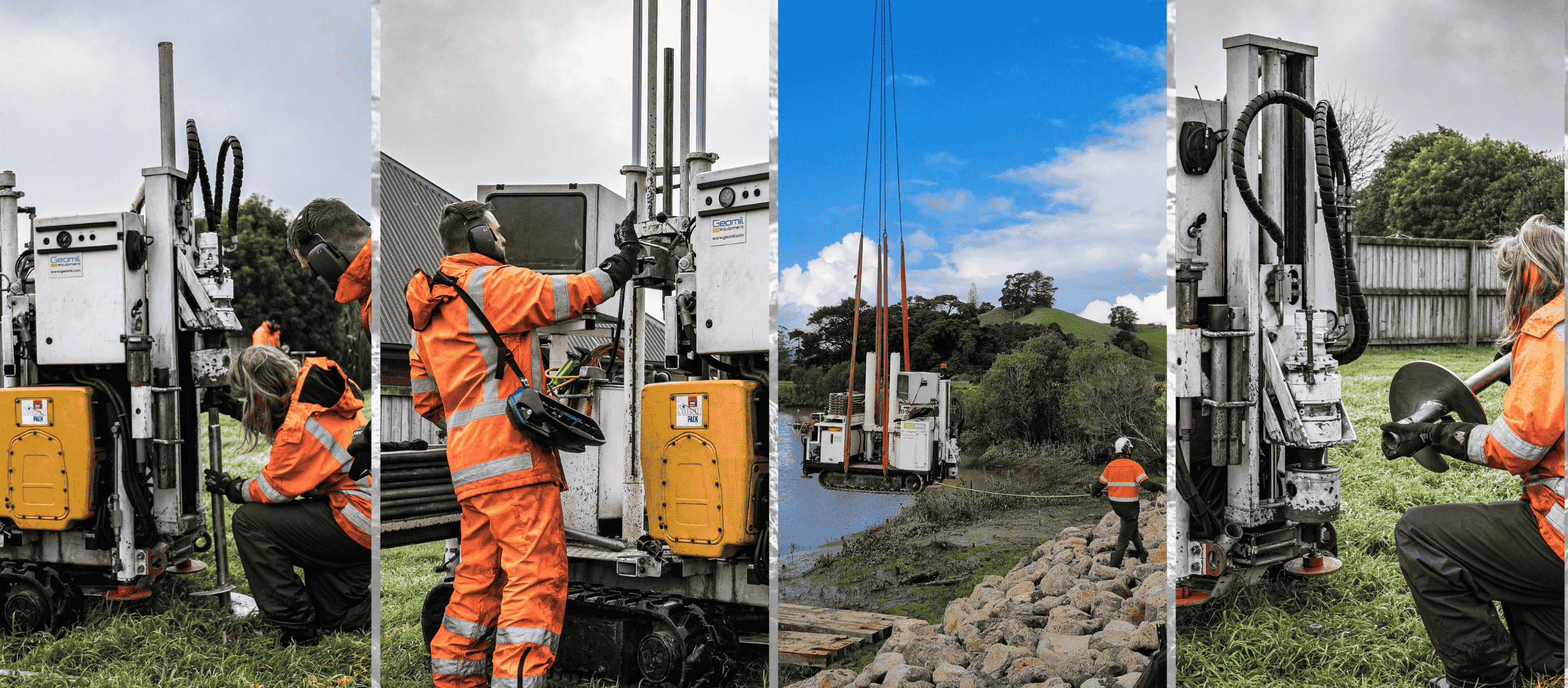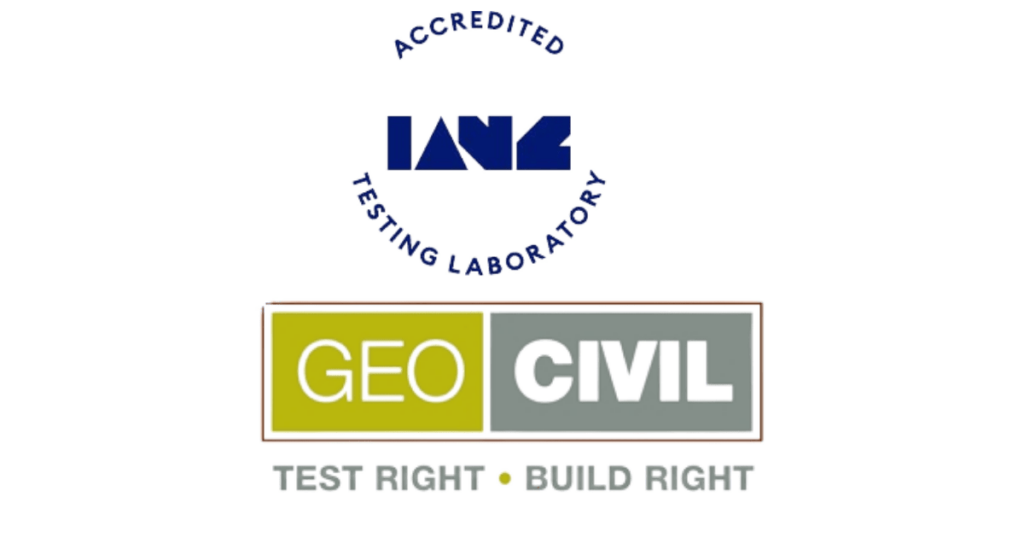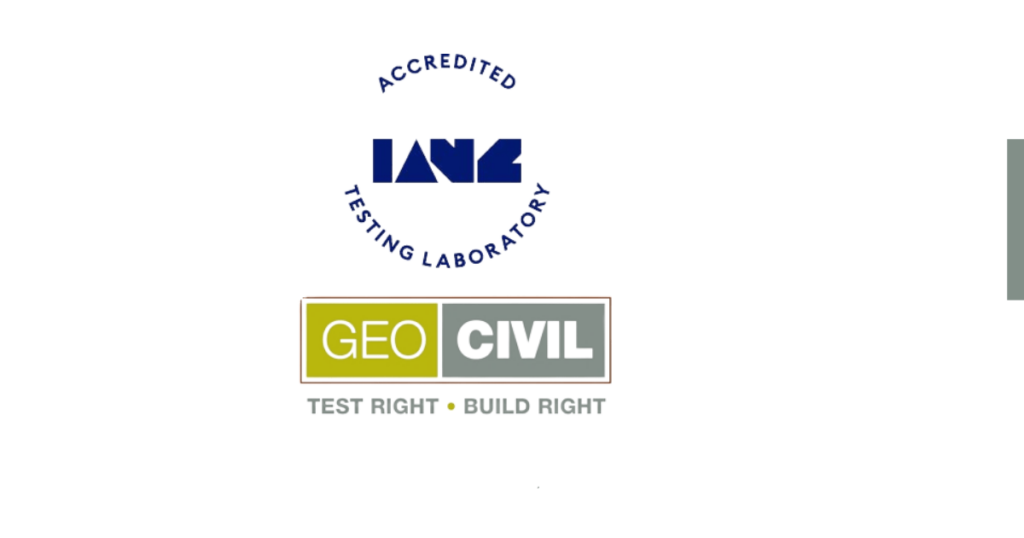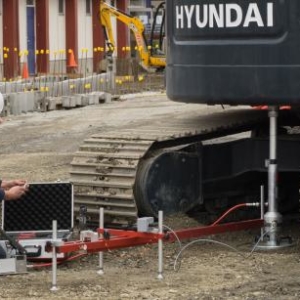What is a cone penetration test (CPT)
A cone penetration test is used to determine geotechnical properties of soils. The cone penetration test has become internationally one of the most widely used and accepted test methods for determining geotechnical soil properties.
The cone penetration test can be completed from the ground surface. A cone penetration test rig pushes a steel cone into the ground, generally up to 20m capacity of depth (up to 40m) below the surface or until the cone reaches a hard layer but can be extended if required by client. We are able to use a 10cm2 cone or 15cm2 cone depending on site requirements. The steel cone contains an electronic measuring system that records tip resistance and sleeve friction. As the cone is pushed into the ground, the soil responds with differing degrees of resistance. This resistance is recorded using force sensors in the tip. At the same time as the sensors are recording resistance at the cone tip, sensors in the friction sleeve are recording sleeve friction along a 100mm length. Some cones also have a pore water transducer, which records water pressure in the soil. These readings can be used to determine ground water responses as the cone is pushed through the soils. A cone penetration test typically takes between 45 minutes and 90 minutes. As the cone goes into the ground, measurements are constantly sent back to the rig and recorded on computer.
Cone penetration test results are used by geotechnical engineering specialists to understand the soil properties (the relative density of the soil and the soil behavior type, both of which are calculated from the cone penetration test cone tip resistance and sleeve friction) and how the ground is likely to behave. This information can help in the design of foundations and ground improvements.
Our CPT crews are trained by international experts in their field and carry out all their testing in strict accordance with ASTM D5778-12 or alternatively ISO 22476-1:2006 at the request of the client. Furthermore, all raw data is carefully checked before being dispatched to the client – ensuring the data you receive is of the highest quality achievable. We can also carry out push tube sampling of soils to obtain samples in sands, silts and clays.





